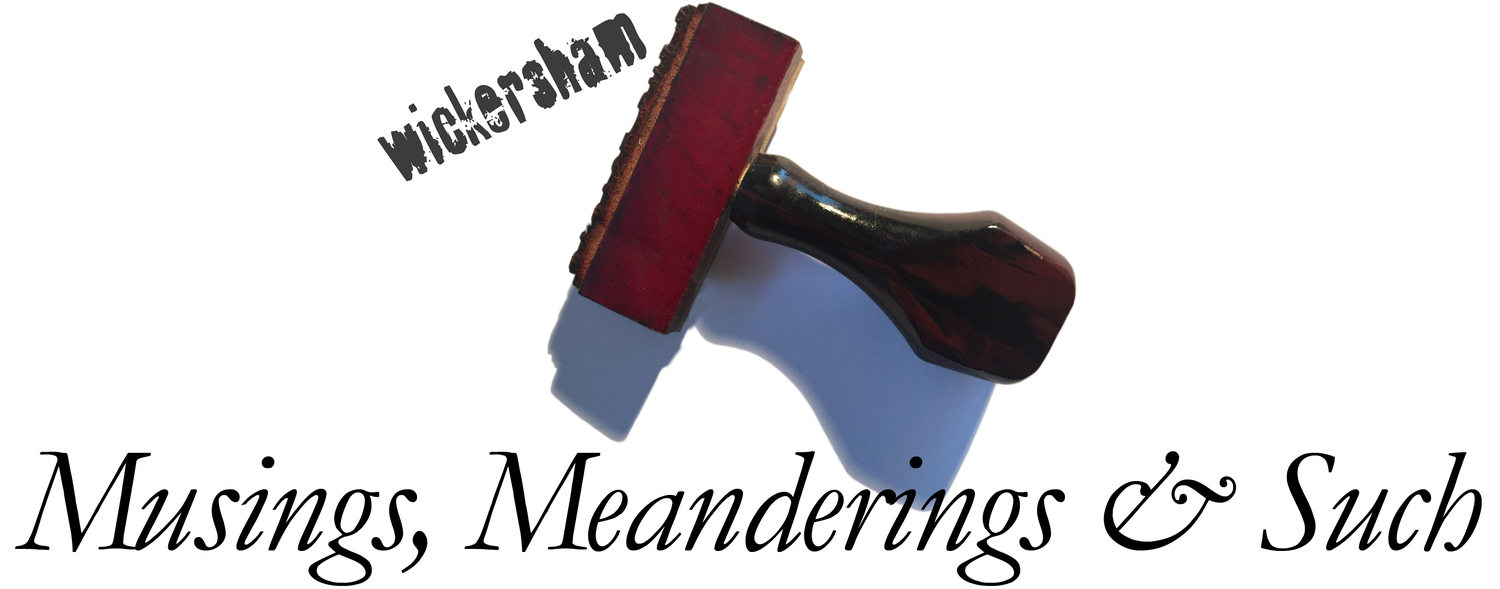For McDonald’s, the pressure is on.
It’s on in a market that accounts for 9% of revenue. Like McDonald’s, brands of all sizes are wondering what to do given the tragic world events. What to say? How should they take a position? Should they even take a position? While many brands have left, McDonald’s has been conspicuously silent, and the pressure is mounting. Saying the right thing, the wrong thing, or nothing at all, brand risk is such a huge issue these days. First, there was Me Too, then BLM, and then a global pandemic. Knowing what to say during these times has been a PR, and often an ethical, nightmare.
And now, with the war in Ukraine, the question looms: Can/should brands speak? If so, what should they say, and how should they say it? Again, opinions are all over the place.
These questions are not just for multinationals but local businesses as well. One misstep can be dangerous; consumers are paying close attention. And how consumers feel can have tangible impact. Will brands taking a wait-and-see approach will regret it? Will they eventually be asked, “Why were you silent?”
It appears there is no one answer for everyone. But most experts agree: Don’t do nothing. Don’t stay silent. Coalesce with your community and support your employees. Be agile, responsive to the constantly changing dynamic and don’t just talk the talk, walk the walk.
Alberto Alemanno, a Professor, University of Tokyo School of Public Policy, Fellow at The Rutgers Institute for Corporate Social Innovation, Rutgers University, says, “Investors, customers, and citizens deserve to know on which side of the Russian-Ukrainian conflict their companies and brands stand for.”
Yes, it’s true. Pleasing all constituents in an increasingly divided world seems impossible. It has become a time to choose a stance, put a stake in the ground and take a position.
What is the best approach?

